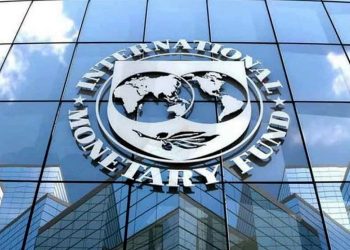13 banks that recorded capital shortfalls following Ghana’s Domestic Debt Exchange Programme (DDEP) have now met or exceeded their recapitalisation requirements as of end-2024 and are on track to restore their Capital Adequacy Ratio (CAR) to 13 percent by end-2025.
Despite this progress, one state-owned bank and a few others remain materially behind schedule, due to delays in shareholder capital commitments, elevated levels of non-performing loans (NPLs), and slow recognition of credit impairments and provisioning.
According to the IMF Country Report, these banks are now under intensified supervision by the Bank of Ghana, with corrective measures being enforced to help them meet their recapitalization targets by 2025.
Parliamentary approval and implementation of the World Bank-funded segment of the Ghana Financial Sector Stability Fund (GFSF) could also support some of these institutions—provided they secure adequate capital injections to qualify for assistance.
The report also points to continued efforts by Ghanaian authorities to address credit quality and financial sector legacy issues. While NPL growth has slowed, the overall NPL ratio remains high at 22.6 percent as of 2024—down slightly from 26.7 percent in the first quarter.
To tackle the NPL burden, regulators are pushing banks to strengthen credit risk management systems, improve skills in loan classification and provisioning, and strictly monitor the performance of banks’ NPL reduction strategies.
The IMF notes that specialized deposit-taking institutions (SDIs)—which are key to promoting financial inclusion—remain weighed down by undercapitalization and unresolved legacy challenges. Critical aspects of the Ghana Financial Sector Strengthening Strategy (GFSSS) have also yet to be implemented.
The Bank of Ghana, the report adds, is reviewing its prudential and operational risk standards and advancing the implementation of Basel II and III. It has also formally communicated to the industry that all post-DDEP regulatory reliefs will cease by end-2025.












